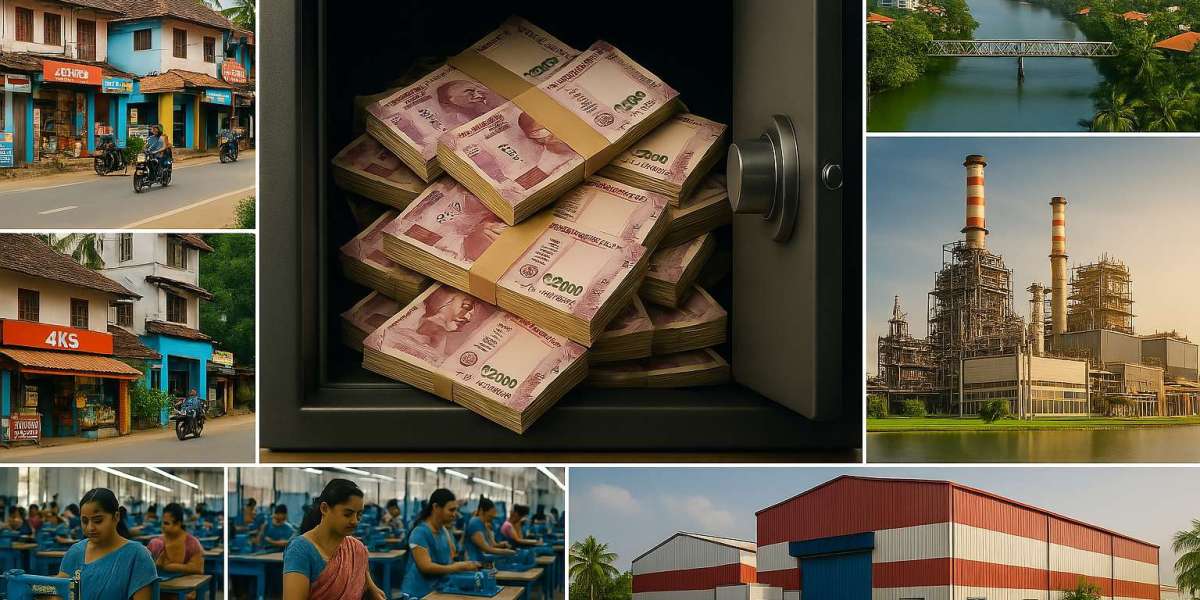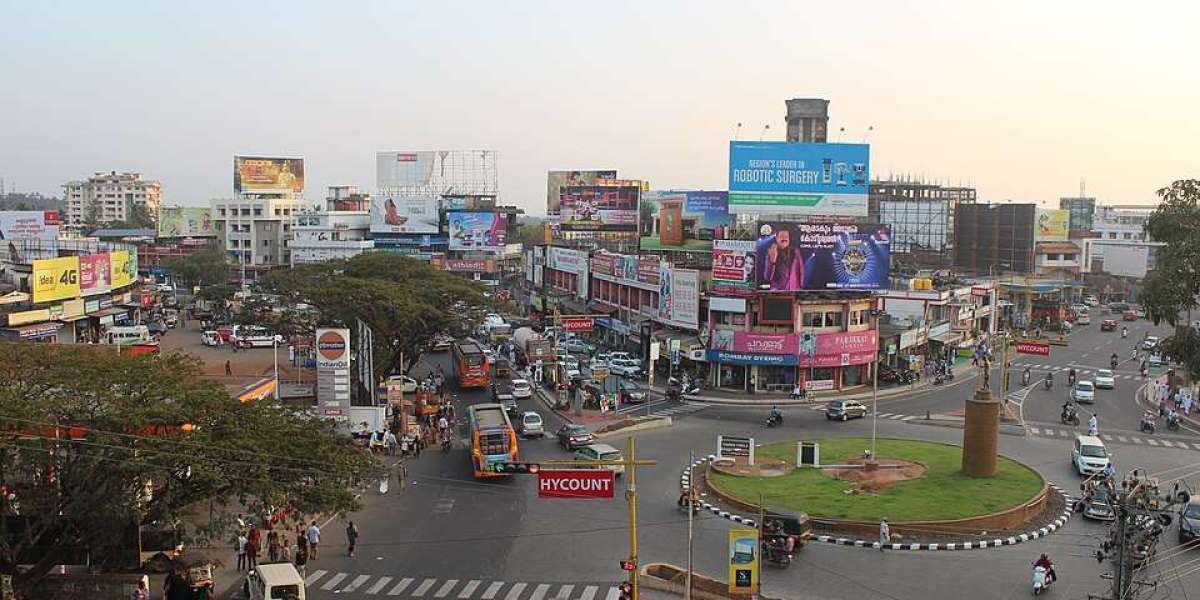In the evolving landscape of digital governance, WeOne stands as a game-changer for Kerala’s local administration. As a hyperlocalized social platform built on community participation and departmental connectivity, WeOne not only enhances transparency and service delivery but also unlocks new avenues for strengthening tax compliance and expanding tax revenue, both at the state and local body levels.
Enabling Higher Own Source Revenue (OSR) from Local Bodies
One of the key ways WeOne contributes to the Taxes Department is by strengthening the Own Source Revenue (OSR) of panchayats, municipalities, and corporations. Through productive citizen engagement, and localized updates for personal, professional and business/trade growth, and transparent monitoring, WeOne generates higher returns from local tax structures, like property tax, trade license fees, and professional taxes to the state treasury. The ward-level digital presence of elected representatives helps resolve grievances swiftly, pushing up compliance rates. Citizens are more likely to pay taxes and fees when they see where their money goes and how it directly improves their surroundings. This civic trust, fostered by WeOne’s open feedback loops, is key to OSR growth.
Boosting Commercial Tax Collection
WeOne facilitates visibility into local commercial activities—registered and informal. With localized business mapping, community tagging, and real-time updates on new establishments, the Commercial Taxes Department can identify businesses operating without registration or under-reporting revenue. This makes tax enforcement more data-driven and less adversarial. Local bodies, can utilize, credible data from the WeOne’s digital platform to alert authorities about tax evasion and anomalies. This leads to wider tax coverage without increasing field manpower.
Improving Agricultural Income Tax and Land Use Monitoring
Kerala’s unique agricultural income tax system can benefit immensely from WeOne. By allowing farmers to connect directly with local officers, report produce, and apply for subsidies transparently, the platform builds a tax-conscious rural community. More importantly, geo-tagged land use information shared on WeOne helps authorities monitor land classification misuse or unreported transitions to commercial farming—bringing them under the tax net efficiently.
Transparency in Lottery Income and Reporting
WeOne’s ward-level updates can include alerts on lottery schemes, prize distribution events, and retailer promotions. By integrating this activity into the public domain, lottery tax revenue becomes easier to monitor and publicize. Public participation ensures any illegal parallel lottery markets or discrepancies in prize money distribution are flagged early, helping plug revenue leaks.
Strengthening KSFE, KFC, and Stamp Duty Revenue
As a citizen-facing platform, WeOne can drive awareness of government-run financial entities like KSFE and KFC, encouraging participation in chit funds, savings schemes, and development loans. Public trust and participation naturally lead to higher financial activity, and with that comes higher associated taxes and fees.
Moreover, revenue from stamps and stamp duties, often collected during land transactions, can be boosted by integrating WeOne into local land registry and documentation processes. Citizens can be guided through lawful procedures and digital payment options, reducing evasion and underreporting.
By enabling a transparent, data-rich, and participatory governance ecosystem, WeOne helps bridge the gap between tax enforcement and civic participation. It empowers local bodies to track, assess, and encourage tax compliance while enabling the state’s Taxes Department to widen its tax base with minimal resistance. In the process, Kerala moves closer to a digitally governed, financially self-reliant model—rooted in community participation and trust.







